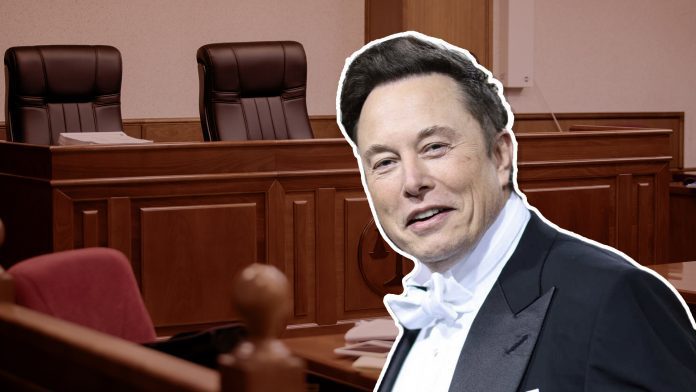On May 15, The Delaware Supreme Court reversed a 2022 decision blocking Tesla from operating its own dealerships in the state.
The electric vehicle brand applied for a dealer license on two previous occasions, but was denied both times by the Delaware Department of Motor Vehicles. Local officials argued that the state’s Franchise Act had effectively banned automakers from adopting direct sales models by prohibiting the ownership or operation of a manufacturer-owned storefront. Prior to arriving in the Supreme Court, Tesla filed an appeal in Superior Court, which upheld the ruling.
However, Supreme Court Chief Justice Collins Seitz Jr. disagreed with the DMV’s and Superior Court’s interpretation of Delaware’s Franchise Act, ruling instead that the law’s language technically does not apply to the electric vehicle brand. “It bears repeating that the Franchise Act regulates the business relationship between a manufacturer and a dealer,” he wrote. “When the definitions are read together, a ‘manufacturer’…manufactures or assembles ‘new motor vehicles’ that have been sold to a ‘new motor vehicle dealer’…Tesla’s electric cars will not be sold to a dealer that holds a valid sales contract by Tesla, and therefore it is not a ‘manufacturer.'”
Many EV brands have adopted similar direct sales models, despite fierce reactions from both officials and dealers in states with similar franchise protections. Retailers are primarily concerned that legacy manufacturers will be inspired to substitute independent businesses with their own direct-to-consumer models. Outside of Delaware, Tesla has frequently engaged with lawmakers over the issue, often prevailing in court after being blocked from setting up its own storefronts.




